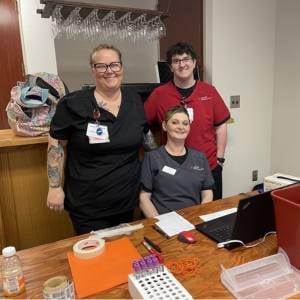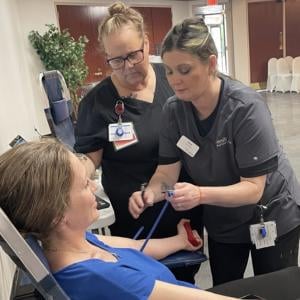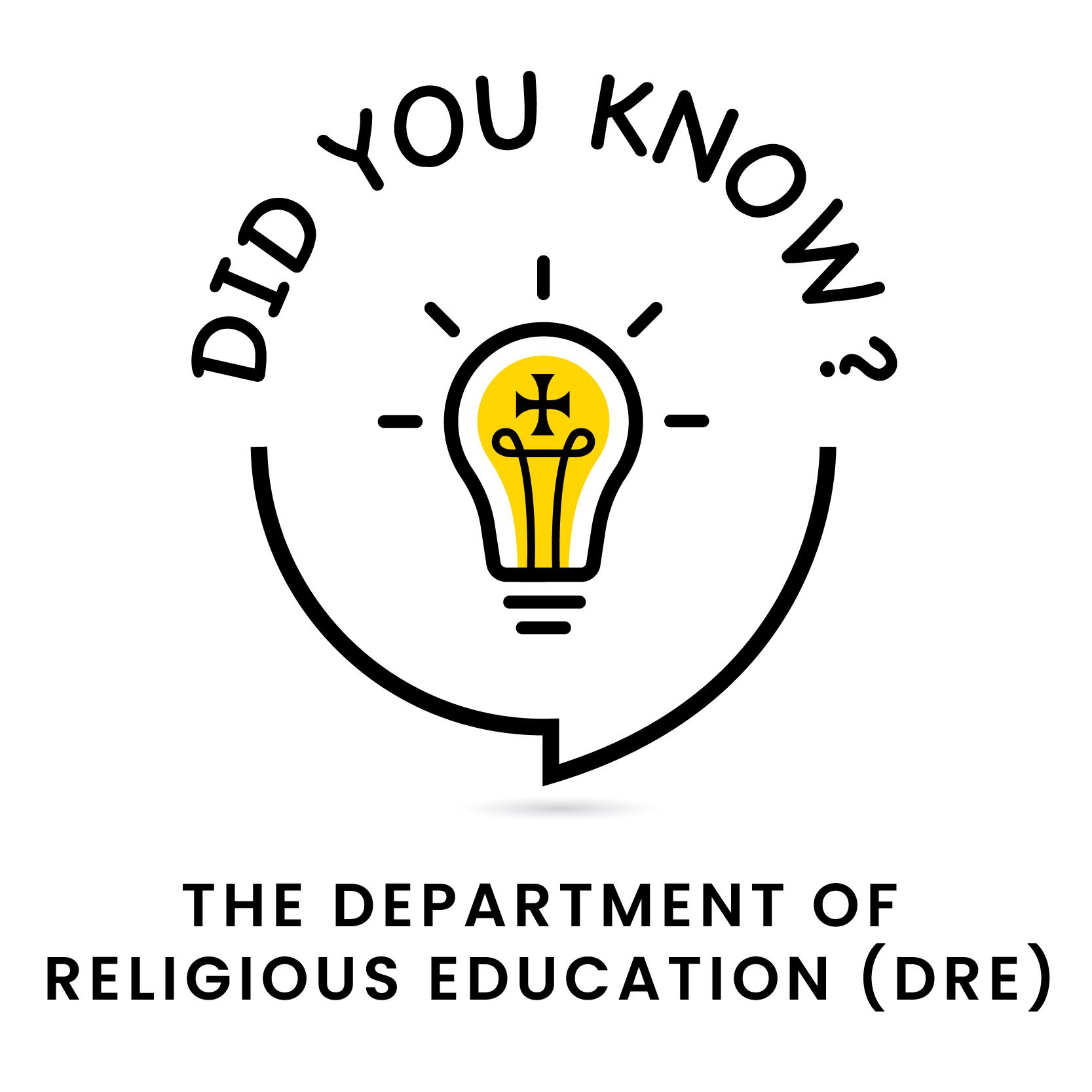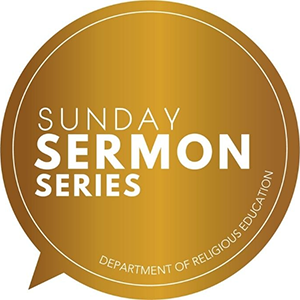The Essential Role of Conversational Language in Learning Greek, according to Dr. Anastasios Koularmanis the Director of Greek Education
A transforming experience, learning a new language offers access to other cultures and ways of thinking. Greek retains a distinct fascination among the numerous languages one might learn due to its rich history and lively culture. However, there is sometimes a glaring omission in the focus placed on conversational language abilities in language learning programs, creating a barrier between learners and authentic dialogue. This article explores the value of conversational Greek and emphasizes the necessity of balancing it with reading and writing proficiency.
Reading and writing skills are frequently given precedence in language learning programs above conversational abilities. The ability to talk fluently is just as important for obtaining actual proficiency as these qualities are for understanding the structural and textual parts of a language. The issue is that language learners frequently experience isolation during their language practice in our increasingly digital society. Even though they may be excellent writers and readers, they struggle in real-world talks.
Why Conversational Language Matters
1. Real-World Application: Conversational language serves as a link between students and native speakers. Oral communication is necessary for practical purposes including traveling, establishing friends, and comprehending the finer points of culture and society.
2. Usability: Acquiring conversational language equips people with the necessary skills for daily interactions. They gain the skills necessary to effectively manage social situations such as placing meal orders, requesting directions, and making small chat.
3. Retention and Motivation: When language learners witness how their efforts result in actual interactions, they are more likely to remain motivated and engaged. The use of a language in real-world situations strengthens language learning and aids in information retention.
4. Cultural Understanding: Idioms, phrases, and gestures with strong cultural roots are frequently used in conversational discourse. Learners discover the nuances of a culture via discussion, which can increase their respect and comprehension of it. Balancing Reading, Writing, and Speaking Skills.
Language learning programs should place an emphasis on a balanced strategy that incorporates all language abilities in order to remedy the gap in conversational language. Here's how to make this happen:
1. Interactive Classes: Language courses should incorporate more interactive, conversational elements. Classes should focus on dialogue, role-play, and practical communication exercises.
2. Language Exchange Programs: Encouraging language exchange programs where learners can converse with native speakers helps bridge the gap between theoretical knowledge and practical application.
3. Technology Integration: Utilize language learning apps and platforms that offer speaking and listening exercises, encouraging learners to engage in actual conversation.
4. Cultural Immersion: When learning a language, immersing oneself in the culture is essential. This might involve watching Greek films, reading Greek literature, or following Greek news and social media.
5. Conversation Partners: Learners can seek out conversation partners, either through language exchange programs or online platforms. Regular conversations with native speakers greatly enhance language skills.
The significance of conversational language abilities cannot be emphasized, to sum up. Learning Greek, or any other language, entails developing communication skills beyond only reading and writing. Language instruction should prioritize oral communication skills and aim to provide students a well-rounded education that includes speaking, reading, and writing. By doing this, teachers will provide students the tools they need to engage with the outside world and fully appreciate the language and culture they are learning.











